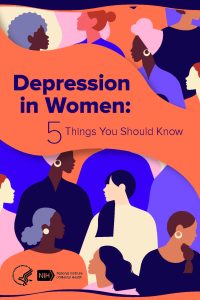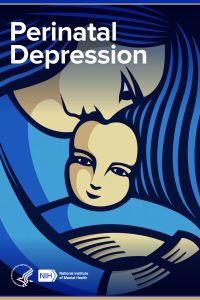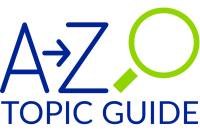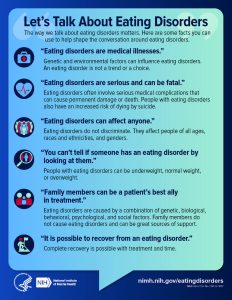Topic-Specific Resources Listed from A-Z
Women and Mental Health
The following article is from the National Institute of Mental Health (NIMH). While this material has been expert-reviewed, it is not NIMH or MHANYS intention to provide specific medical advice. Both MHANYS and NIMH advise readers to consult with a qualified health care provider for diagnosis, treatment, and answers to personal questions.
Overview
Mental disorders can affect women and men differently. Some disorders are more common in women such as depression and anxiety. There are also certain types of disorders that are unique to women. For example, some women may experience symptoms of mental disorders at times of hormone change, such as perinatal depression, premenstrual dysphoric disorder, and perimenopause-related depression. When it comes to other mental disorders such as schizophrenia and bipolar disorder, research has not found differences in the rates at which men and women experience these illnesses. But women may experience these illnesses differently – certain symptoms may be more common in women than in men, and the course of the illness can be affected by the sex of the individual. Researchers are only now beginning to tease apart the various biological and psychosocial factors that may impact the mental health of both women and men.
Mental health includes emotional, psychological, and social well-being. Learn more about taking care of your mental health.experience different symptoms. Some symptoms include:
Warning Signs
Women and men can develop most of the same mental disorders and conditions, but may
- Persistent sadness or feelings of hopelessness
- Misuse of alcohol and/or drugs
- Dramatic changes in eating or sleeping habits
- Appetite and/or weight changes
- Decreased energy or fatigue
- Excessive fear or worry
- Seeing or hearing things that are not there
- Extremely high and low moods
- Aches, headaches, or digestive problems without a clear cause
- Irritability
- Social withdrawal
- Suicidal thoughts
Mental disorders can be treated: If you are unsure where to go for help, ask your family doctor. Communicating well with your health care provider can improve your care and help you both make good choices about your health. Read about tips to help prepare and get the most out of your visit.
If you or someone you know is in a crisis, get help immediately. You can call 911 or call or text the 988 Suicide & Crisis Lifeline at 988.
Federal Resources
- Depression among Women: This Centers for Disease Control and Prevention webpage provides information about depression among women, including risk factors for depression, and postpartum depression.
- Health Resources and Services Administration (HRSA): HRSA offers programs and resources on maternal health, including depression during and after pregnancy.
- National Institute of Child Health & Human Development (NICHD): NICHD supports the Moms’ Mental Health Matters initiative and the PregSource research project.
- NIH Office of Research on Women’s Health (ORWH): ORWH provides resources for mothers about maternal health on the Maternal Morbidity and Mortality portal.
- Office on Women’s Health: Mental Health: Learn more about women’s mental health on the U.S. Department of Health and Human Service’s Office on Women’s Health website.
- Women’s Health: The National Library of Medicine’s MedlinePlus offers resources on the unique health issues women experience (en Español).
Handouts
 English / Español
English / Español  English / Español
English / Español
Mental Health Association in New York State (MHANYS) has additional resources that can be accessed through its main website. These resources include links to advocacy and policy work, school-based programs, mental health wellness training programs and more.
MHANYS
mhanys.org
Advocacy and Policy
mhanys.org/advocacy-policy
Mental Health Community Partners
mhcommunitypartners.org
CarePath™
mhanys.org/carepath
SMHRT: Family Education
https://www.mentalhealthednys.org/family-education-webinar-series/
Data Source
National Institute of Mental Health: Mental Health Information Health Topics www.nimh.nih.gov/health/topics

